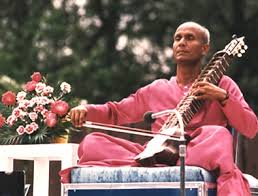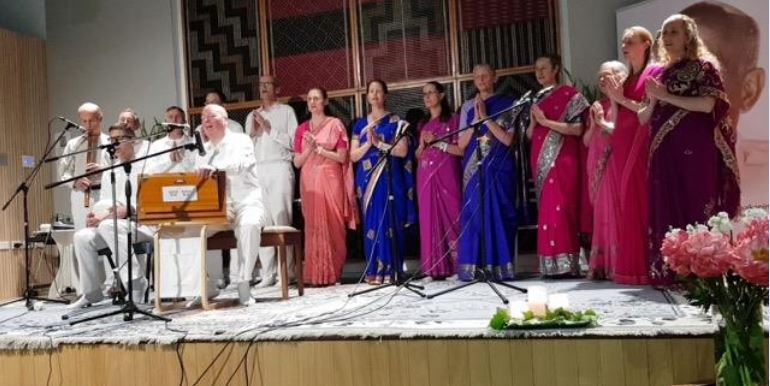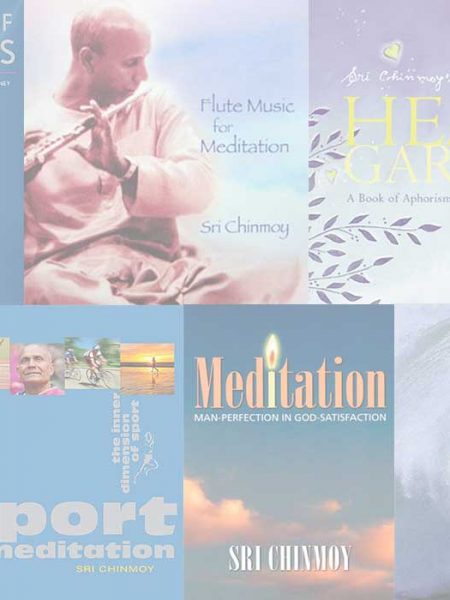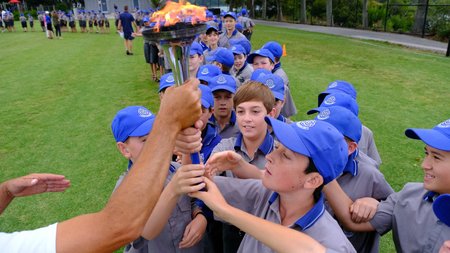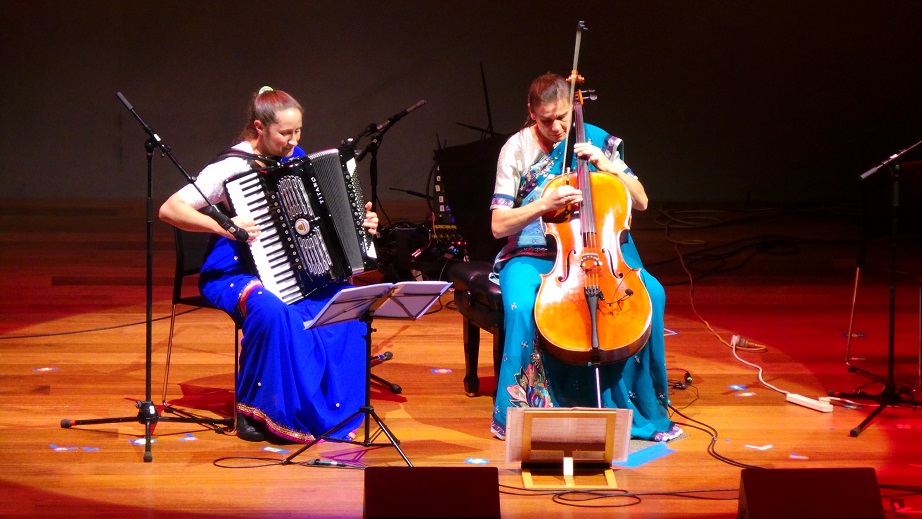An article by contributing writer Jogyata Dallas
Reprinted with kind permission of Indianz Outlook
Speaking of literature, the writer Franz Kafka once wrote: “A book must be the axe for the frozen sea within us. That is my belief.” In our often violent modern world, his remarks are equally true of that other art form, the world of music with its power to heal, inspire and unite, to break the frozen sea of discord and division that so often blights our world.
“Music gives soul to the universe, wings to the mind, flight to the imagination, and charm and gaiety to life and to everything” Plato concurred, and the Indian spiritual master Sri Chinmoy also saw music as a powerful way to foster a more peaceful earth, and to share this widening peace with others. “Music gives joy to my dreaming soul … Divine music is the breath of the higher worlds,” he wrote. “Music is the fragrance of the soul. Music is the perfection of the aspiring heart.”
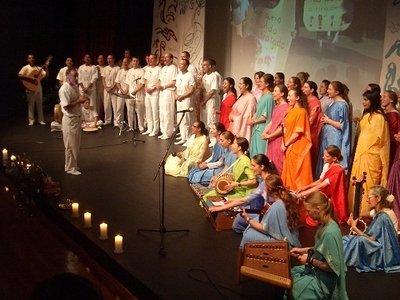
For Sri Chinmoy, Kafka’s frozen sea was the stubborn self-interest of the human mind, its unwillingness to embrace the incoming tides of change and a growing global oneness. And the metaphorical axe was not a weapon of destruction but the unifying human heart itself, its great capacity for love, compassion, oneness with others. Sri Chinmoy had a great belief in the goodness and beauty of the human heart, and because of it an unwavering optimism about a much brighter future for humanity. For him, music was the language of the soul, transcending words – his songs were heart songs, giving voice to the depths of the human spirit.
“Music is the universal language. We do not have to learn any particular language to communicate with others if we can play soulful music. Soulful music carries the beauty and fragrance of silence … the heart is receiving the beauty and light of the higher world of silence. Music transcends the barriers of nations, nationalities and religions. It is through music that the universal feeling of oneness can be achieved in the twinkling of an eye …”
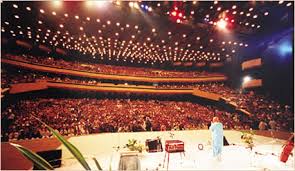
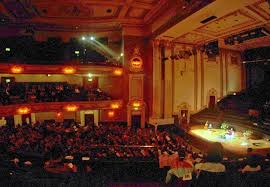
Everyone longs for a peaceful world and a peace-filled life – and music can contribute enormously to these timeless dreams of mankind. As with other realms of art, Sri Chinmoy saw music as a powerful way of uplifting and inspiring humanity, a language uniting us together. In his remarkably creative life he became one of the most prolific composers of spiritual music in history, composing over 20,000 songs and offering a total of 770 free concerts for peace worldwide.
This month Sri Chinmoy’s musical legacy lived on in an evening of his music, a free bhajan concert at the Sri Chinmoy Centre at the centre’s community space behind Karangahape Road. The meditative songs invoked the various aspects of divinity, the cosmic Gods and Goddesses, or the Avatars from the different eras of time. Singers are normally accompanied by harmonium, tabla, flute, Tibetan bells and other traditional instruments. Bhajan concerts are usually interactive, inviting their audiences to also sing, to bring their own meditative peacefulness to the occasion, and to feel that both musicians and audience together can co-create an atmosphere of tranquility and devotion.
In the wide canvas of a life dedicated to world peace, Sri Chinmoy’s music and his emphasis upon the role of the human heart were paramount. He writes:
“My ultimate goal is for the whole world to walk together in peace and oneness. Just as a rose has many petals, all of which add to the beauty and fragrance of the rose, so too the world shall become one world-family.
“ Now we are all exercising the love of power. But a day will come when this world of ours will be inundated with the power that loves. Only the power that loves can change the world. My ultimate goal is for the power of love to replace the love of power within each individual. At that time, world peace can be achieved, revealed, offered and manifested on earth.”
